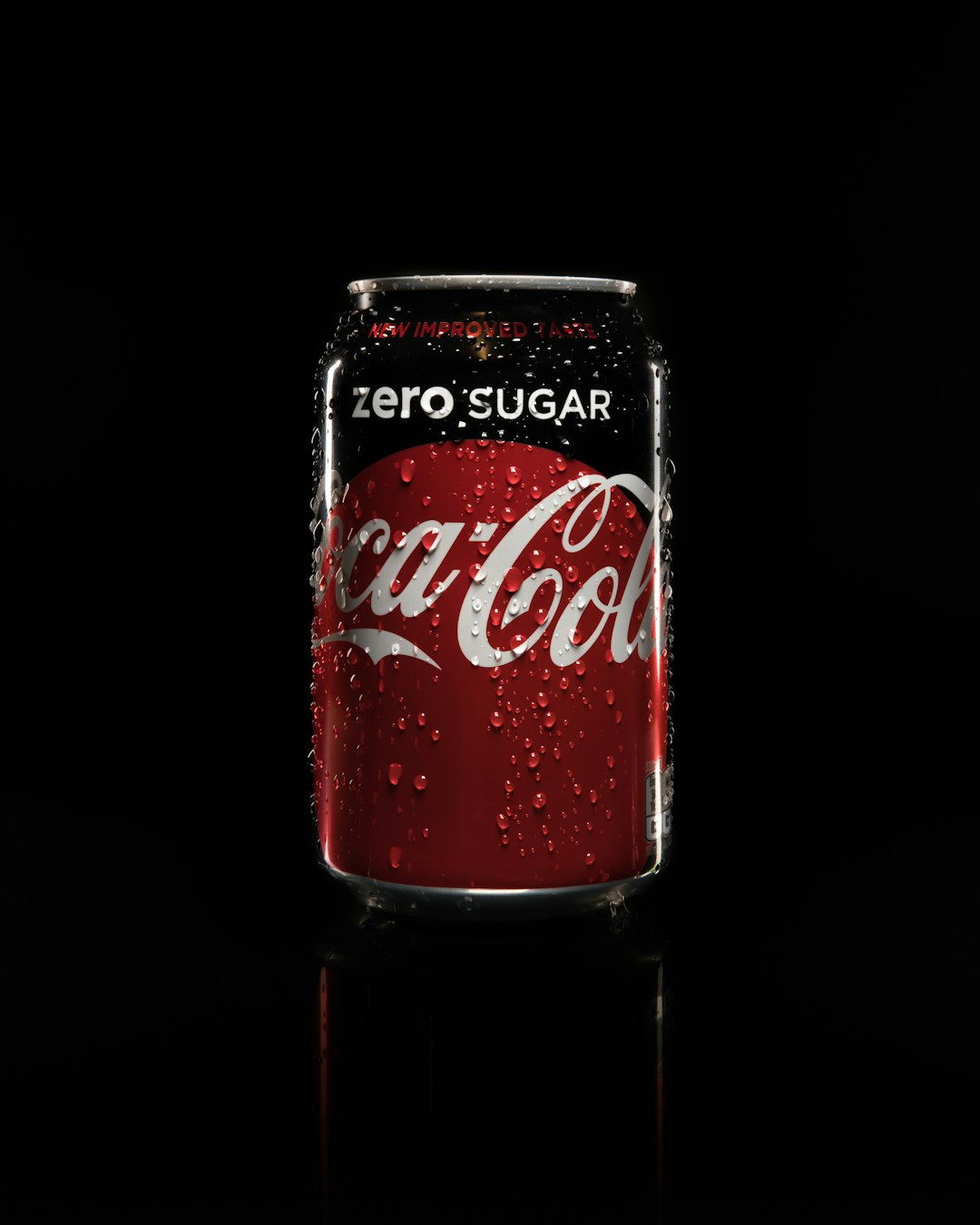Q: Should we be consuming artificial sweeteners?
You may have heard the recent news that the World Health Organization’s (WHO) cancer arm, the International Agency for Research on Cancer (IARC) is set to declare aspartame a “possible carcinogen” as early as this week. Aspartame is of course a popular artificial sweetener found in countless food products marketed as “low” or “no” sugar. This news has s…



